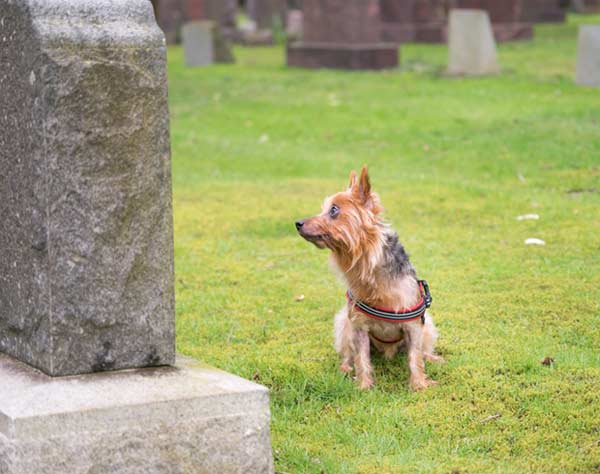Have you given much thought about leaving something behind in your last will and testament for your best friend’s well-being in case of your unfortunate demise? Maybe you have already done so, instead of something from your estate in a will, a trust is a much better way to go.
For example, pets are considered “personal property” in Texas, and as such, putting them into your will means they’ll have to wait for your estate to go through a lengthy probate period, which in the Lone Star State, can take up to four years.

During the legally trying and stressful time of probate, your dog or cat is likely already going through separation anxiety and your pet’s ownership, everyday needs, food, water and shelter are all in jeopardy. Unlike a will, a trust goes into effect immediately, usually upon your death or disability to ensure their welfare.
Your trust will specify the details concerning the care of your pet and make funds available immediately. You can give specific details on who will care for your pet, partake in their daily exercise regime, designate who will take care of their medical needs, have control of your animal and even give instructions for the burial of your animal.
Types of Trusts
A pet cannot be the beneficiary of a traditional trust since there needs to be a person responsible to enforce the terms of the trust. So it is important to chose the structure of the trust appropriately and make sure the beneficiary will accomplish your goals.
There are generally three types of trusts that are used for pets in Texas and you should choose the one that works the best for you and your unique circumstances:
Statutory Pet Trust: According to Texas State Law, their statues allow for enforceable pet trusts, which is probably your best option. The trust can designate a third party who enforces the terms of the trust as you have laid them out. This caretaker or trustee uses funds for your pet from the trust which should be “reasonable” according to your requests.

Traditional Legal Trust: In a traditional legal trust, you can set aside sufficient funds to care for your pet and designate a caretaker. This person becomes the beneficiary of the trust and will be legally responsible for managing the funds and overseeing all aspects as a caregiver.
Honorary Trust: This is set up for a specific type of purpose, such as caring for a pet, but without a specific or definitive beneficiary. The problem with an honorary trust is sometimes they can be viewed as unenforceable with a specific statute designating it as a pet trust.
Whatever route you choose to care for your beloved, four-legged best friend, make sure you put a great deal of thought into who the beneficiary and/or trustee will be after your demise. It should obviously be someone you trust, but also someone who loves your animal and will look out for their best interests as well as yours.
Author Bio
Amber Kingsley is a former art history student turned freelance writer who lives in Santa Monica, CA. This travel junkie has a goal to visit every country in the world. She has backpacked through Europe and South America with an eye on conquering Asia next. This peppy, perky writer loves pets, photography, and music.